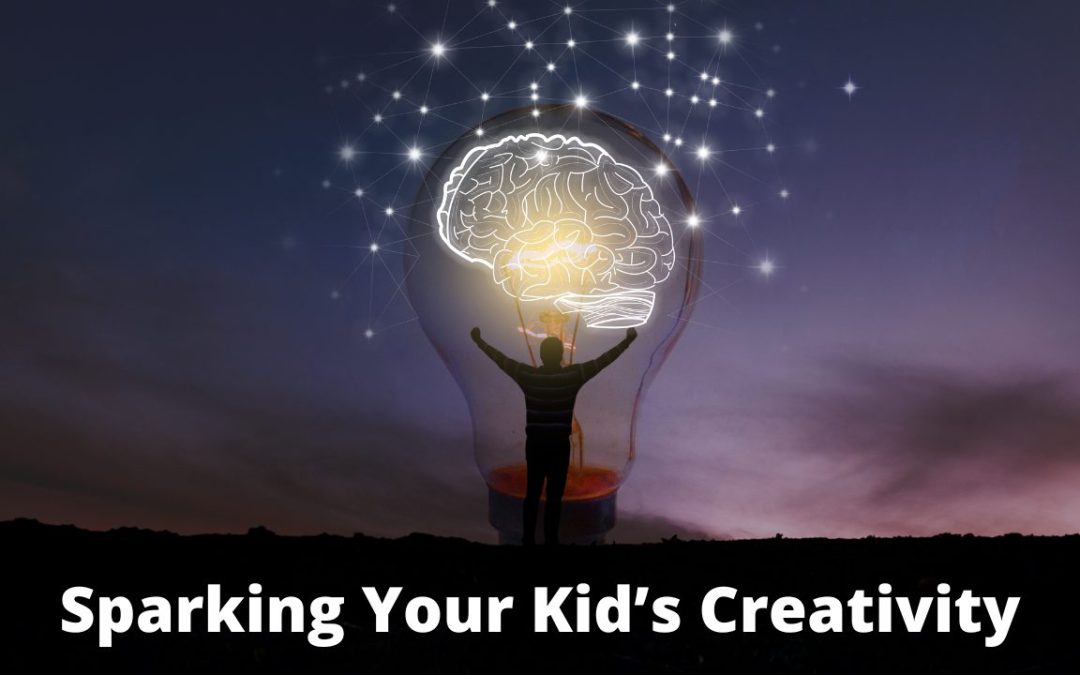It may not be apparent to most parents how important it is in guiding and sparking your children’s creativity. We get used to the idea that with so much content and creativity in the real world, children are bound to see it and want to follow in someone’s footsteps, or create their own path. But creativity goes far beyond that scope of comprehension, and sometimes a child doesn’t fully realize their own creative juices until later in life. That’s where we, as parents, come in to be able to help them reach their full potential!
Why Creativity Matters
Children also get taught to follow rules in many different settings, whether it’s at home, school, the playground, library, or a grocery store. You want your child to be safe, sure, and follow guidelines and rules from a role model or parent, which is the right thing to do. But for many kids, this can simply become the norm of every day life, and they can forget to let loose when they get the opportunity.
Children need to be able to act and think for themselves in most situations to better grasp growth. This can also help them discover how they would go about handling regular and stressful events or situations better, and how they can even express their creativity in those moments too! Creativity can come and go at a moment’s notice, so don’t make your child think they can’t express themselves in certain situations or places!
Three Vital Skills
There are three skills that help a child in order to better express themselves, and they are communication, problem-solving, and collaboration. Growing and nurturing these life skills in your child can help them better understand the world around them, and how they can express themselves within that realm in a positive, healthy way. Through communication, they obviously learn how to use speech to better express themselves and understand the people around them. Simply talk to your kids as much as you can, and limit how much screen time they get to ensure they don’t vegetate too much.
Collaboration also helps to build their communication skills, as well as understanding other people’s viewpoints and styles of learning. This can help them step out of regular comfort zones and to try something different and a little more creative. Problem-solving can really get the creative juices flowing as it allows your child the chance to think through any and all possibilities in any given situation, which can include realistic and maybe not so realistic possibilities. But this can help them spark that creativity for whatever next situation may require some out-of-the-box thinking.
Katie Kyzivat

